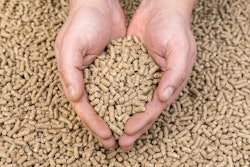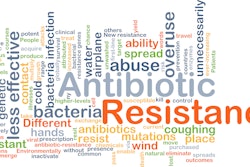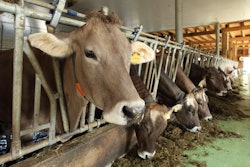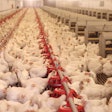
Moderna’s $776 million in funding to develop an avian flu vaccine for people was canceled May 28 following concerns from the U.S. Department of Health and Human Services (HHS) about the safety of mRNA technology.
“After a rigorous review, we concluded that continued investment in Moderna’s H5N1 mRNA vaccine was not scientifically or ethically justifiable,” HHS communications director Andrew Nixon said in an e-mailed statement to WATTPoultry.
“This is not simply about efficacy – it’s about safety, integrity and trust. The reality is that mRNA technology remains under-tested, and we are not going to spend taxpayer dollars repeating the mistakes of the last administration, which concealed legitimate safety concerns from the public.”
Controversy about mRNA technology
The proposed vaccine technology uses messenger RNA (mRNA) encapsulated into a lipid nanoparticle. The mRNA is genetically engineered to provide instructions on how to make a fake copy of the spike protein, a spikelike structure used viruses to infect cells. The immune system learns to recognize these foreign proteins, creating antibodies that can protect the body against future possible infections from a disease.
New research from the U.S. Centers for Disease Control (CDC) published in January 2025 supported the use of mRNA technology against HPAI, revealing that early trials in ferrets indicated that an mRNA vaccine against avian influenza was capable of preventing severe disease.
However, mRNA technology has become controversial, with some people raising questions about long-term effects and other safety issues.
Positive interim data reported
Moderna received the funding in July 2024 and planned to leverage the same mRNA technology used in its COVID-19 vaccines to develop a vaccine against avian influenza in people.
Moderna reported positive interim data for the safety and efficacy of the mRNA vaccine candidate in a Phase 1/2 clinical study conducted in 300 healthy adults aged 18 years and above on May 28.
"While the termination of funding from HHS adds uncertainty, we are pleased by the robust immune response and safety profile observed in this interim analysis of the Phase 1/2 study of our H5 avian flu vaccine and we will explore alternative paths forward for the program," said Stéphane Bancel, CEO, Moderna.
"These clinical data in pandemic influenza underscore the critical role mRNA technology has played as a countermeasure to emerging health threats."
According to the Centers for Disease Control and Prevention, the H5N1 flu virus has caused 70 human cases. Three other avian flu vaccines are still under contract with the National Prepandemic Influenza Vaccine Stockpile (NPIVS) program.
To learn more about HPAI cases in commercial poultry flocks in the United States, Mexico and Canada, see an interactive map on WATTPoultry.com.
View our continuing coverage of the global avian influenza situation.


















